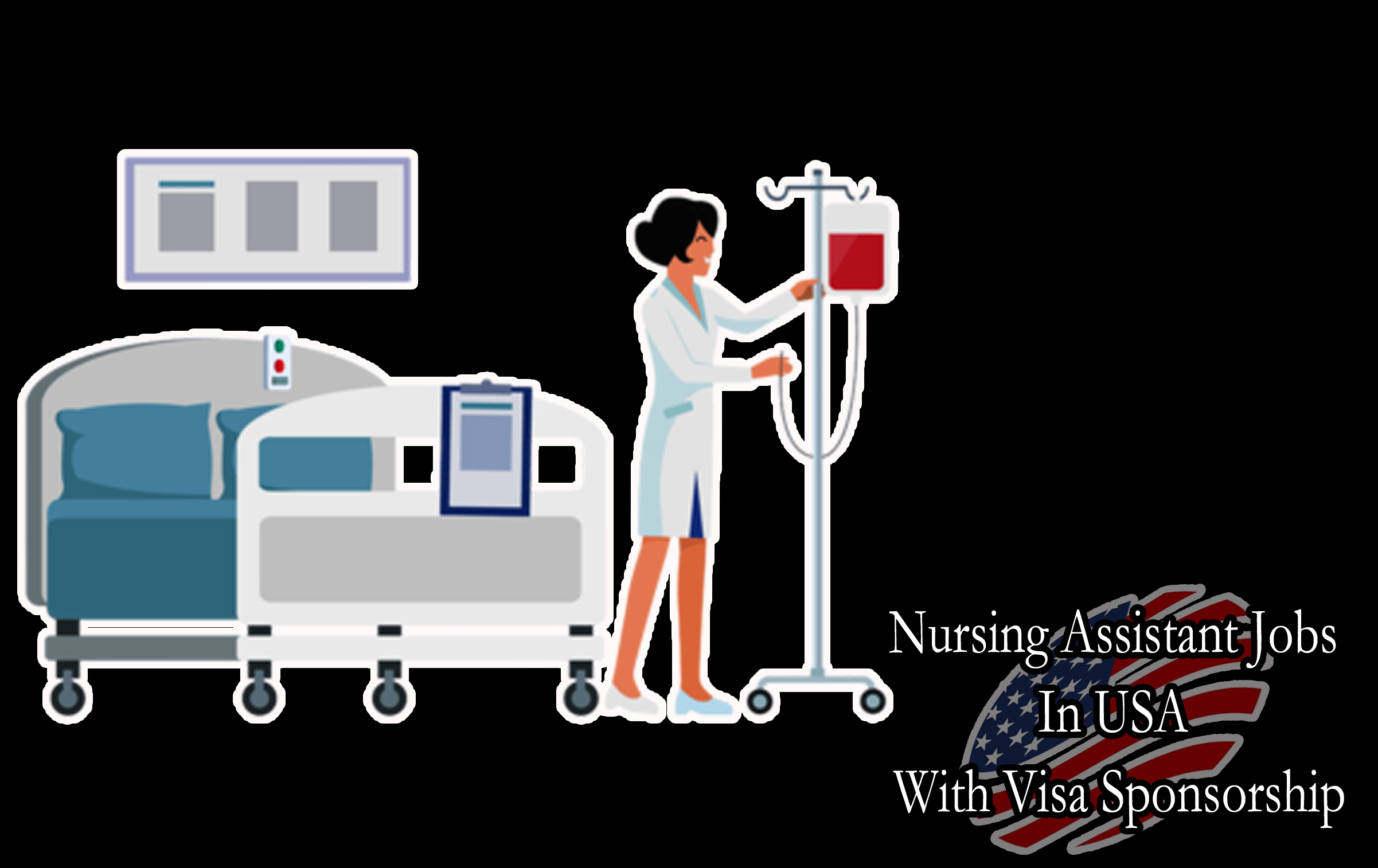Cervical cancer remains a significant health issue for women worldwide. Fortunately, it is one of the most preventable cancers due to the availability of vaccines, screening, and lifestyle changes. Here’s a comprehensive guide on how to prevent cervical cancer and maintain health if diagnosed.
Prevention Strategies
Human Papillomavirus (HPV) Vaccination:
- HPV Vaccine: The primary cause of cervical cancer is persistent infection with high-risk types of HPV. Vaccination against HPV is highly effective in preventing the types of HPV that most commonly cause cervical cancer. It is recommended for preteens (boys and girls) at ages 11-12, but can be administered as early as age 9 and up to age 45.
Regular Screening:
- Pap Smear Test: A Pap test can detect precancerous changes in the cervix, allowing for early intervention. It is recommended every three years for women aged 21-65.
- HPV DNA Test: This test identifies the presence of high-risk HPV strains. It can be done alone or in conjunction with a Pap test. For women aged 30-65, co-testing (Pap and HPV tests) is recommended every five years.
Safe Sexual Practices:
- Condom Use: While condoms do not provide complete protection against HPV, they reduce the risk of HPV transmission and other sexually transmitted infections (STIs).
Quit Smoking:
- Smoking is a significant risk factor for cervical cancer. Quitting smoking can improve overall health and reduce the risk of cervical and other cancers.
Healthy Lifestyle:
- Diet and Exercise: Maintaining a healthy diet rich in fruits and vegetables and engaging in regular physical activity can boost the immune system and help the body fight off infections, including HPV.
Limiting Sexual Partners: Having fewer sexual partners reduces the risk of HPV exposure.
Maintenance Post-Diagnosis
- Follow Medical Advice:Adherence to treatment plans prescribed by healthcare providers is crucial. This might include surgery, radiation, chemotherapy, or a combination of these treatments.
- Regular Follow-Ups:Post-treatment, regular follow-up appointments are essential to monitor for any recurrence of the cancer and manage any side effects of treatment.
- Healthy Diet and Exercise:A balanced diet and regular exercise can help manage weight, reduce fatigue, and improve overall well-being during and after treatment.
- Emotional Support:Dealing with a cancer diagnosis can be emotionally challenging. Support from family, friends, or support groups, as well as professional counseling, can be beneficial.
- Stay Informed:Staying educated about cervical cancer and being aware of new research and treatment options can empower patients to make informed decisions about their health.
Conclusion
Cervical cancer prevention and maintenance involve a combination of vaccination, regular screening, healthy lifestyle choices, and adherence to medical advice. By taking proactive steps, women can significantly reduce their risk of developing cervical cancer and maintain their health if diagnosed. Early detection and appropriate treatment are key to successful outcomes, emphasizing the importance of regular medical check-ups and screenings.










